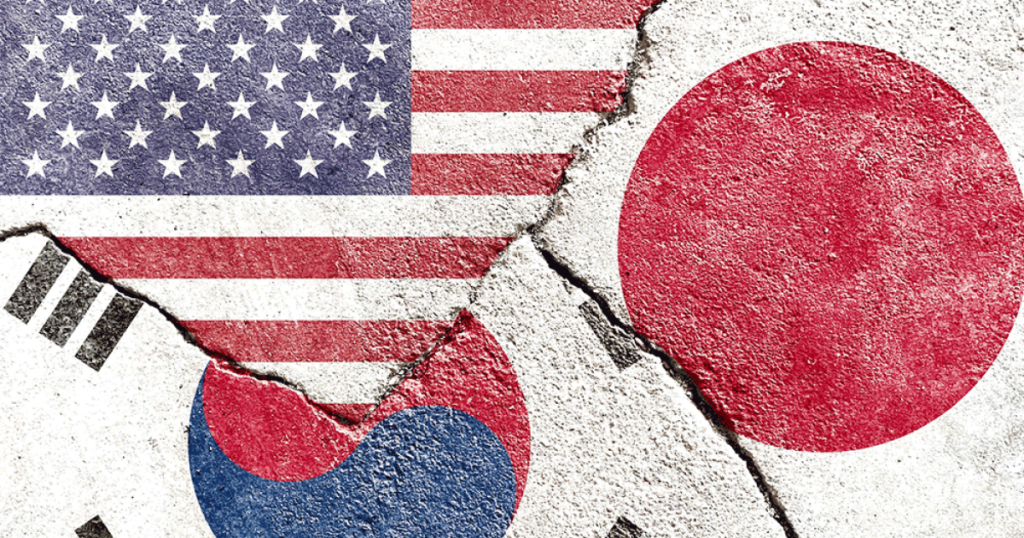Multilateral team, joined by eight other nations, aims to enhance enforcement despite concerns over its necessity and effectiveness.
The United States, South Korea (ROK), and Japan have launched a new body to monitor North Korea’s sanctions violations. This new organization replaces the United Nations Panel of Experts, which dissolved earlier this year. Eight other nations have also joined the new Multilateral Sanctions Monitoring Team. The group’s goal is to enhance oversight of North Korea’s activities that breach international sanctions.
North Korea remains under heavy sanctions due to its nuclear and ballistic missile programs. These sanctions aim to pressure the regime into dismantling its weapons programs. However, North Korea has continued to evade these restrictions through various methods. The new monitoring body hopes to close loopholes and improve enforcement of existing sanctions.

Money Down the Drain?
The formation of this team raises questions about its necessity and effectiveness. Critics argue that creating another monitoring body could become a drain on resources. They question whether it will achieve results that the previous UN panel could not. Supporters of the initiative believe that it is essential to stop North Korea’s violations. They argue that the previous UN Panel of Experts lacked the needed coordination and resources.
North Korea has a history of circumventing sanctions through illicit trade, particularly in coal and oil. The regime uses various tactics, such as ship-to-ship transfers and fake documentation, to bypass restrictions. Monitoring these activities requires close cooperation between different nations and advanced technology. The new team aims to bring more countries together in a coordinated effort to curb North Korea’s sanctions violations.
Japan, the U.S., and South Korea play central roles in the new monitoring initiative. These countries are North Korea’s main regional adversaries. They have repeatedly expressed concerns over North Korea’s missile tests and nuclear ambitions. Their combined intelligence and resources will likely strengthen the new body’s capabilities. However, the inclusion of other nations signals a more global approach to dealing with North Korea.
China and Russia’s Role
China and Russia’s reluctance to fully enforce sanctions has posed a major challenge to international efforts. Both countries hold key positions in the UN Security Council and often soften measures against North Korea. While they are not part of the new Multilateral Sanctions Monitoring Team, their influence could impact the body’s success. Some experts believe the new organization could pressure China and Russia to tighten their enforcement.
Despite these challenges, supporters of the new body remain optimistic. They believe that focusing more resources and international cooperation on monitoring will lead to better results. The team will likely use new technologies, such as satellite imagery and maritime tracking, to detect violations. This level of scrutiny could make it harder for North Korea to continue its illegal activities.
The success of this new initiative will depend on its ability to address the weaknesses of past efforts. Whether this body proves necessary or becomes another costly, ineffective measure remains to be seen. The coming months will provide insight into whether the new Multilateral Sanctions Monitoring Team can meet its objectives.




